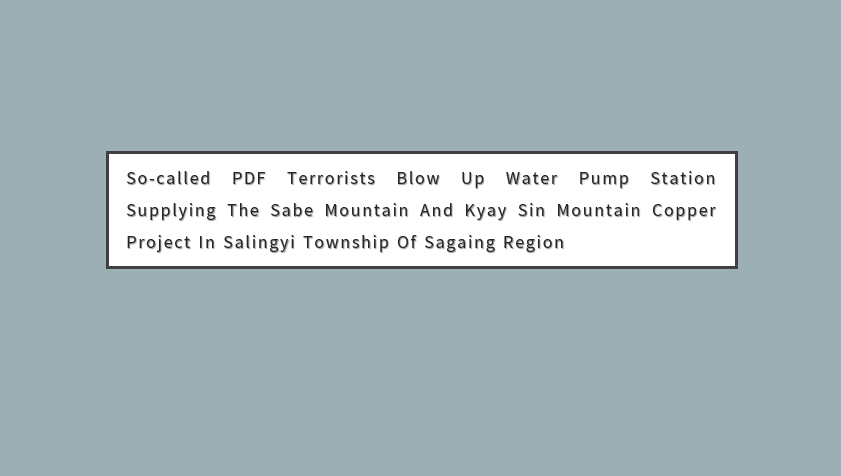Terrorists committing inhumane acts have been engaging in battles, firing heavy weapons and improvised rockets and dropping bombs using drones into the residential areas, including towns, wards and villages.
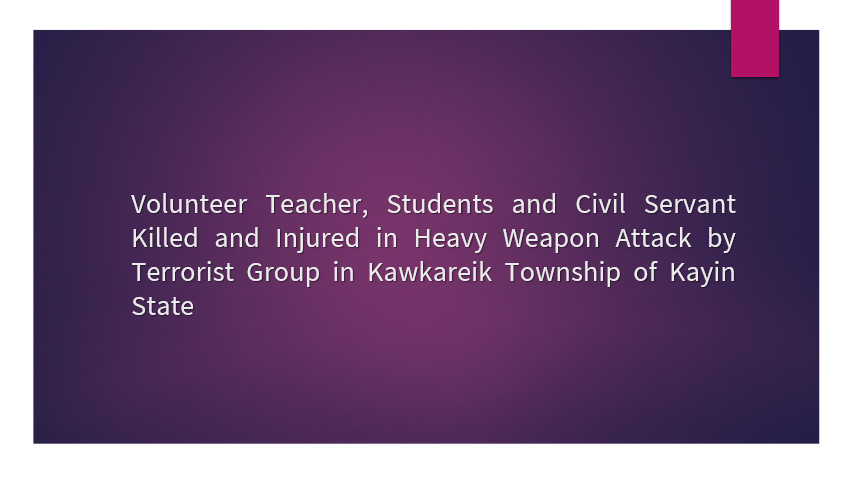
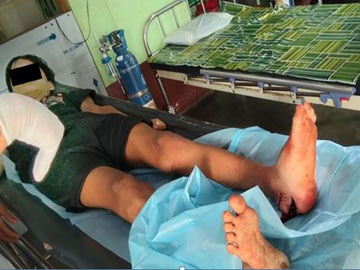
Terrorists committing inhumane acts have been engaging in battles, firing heavy weapons and improvised rockets and dropping bombs using drones into the residential areas, including towns, wards and villages.
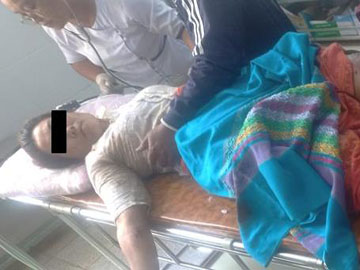
In order to cause injuries to both peaceable civilians and administrative authorities who are striving to restore the rule of law, extreme terrorists provide financial assistance and instigate destructive activities, such as detonating explosive devices and remote blasting, against public roads, railways, government offices and houses.
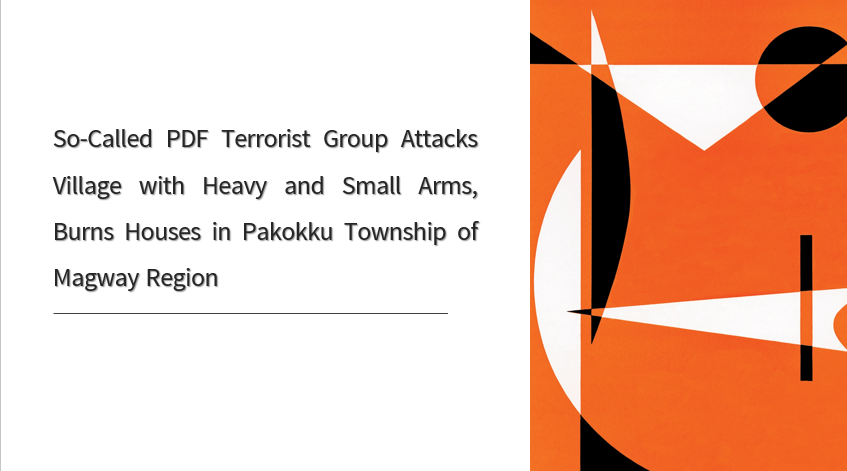
Terrorists committing inhumane acts have been engaging in battles, firing heavy weapons and improvised rockets and dropping bombs using drones into the residential areas, including towns, wards and villages.

Terrorist groups have been engaging in battles, carrying out attacks using heavy weapons, drones to drop bombs and improvised explosive devices across towns and villages in various states and regions. Moreover, they are committing inhumane acts of terror and criminal activities—including abducting and extorting money from civil servants' families and local civilians, as well as killings.
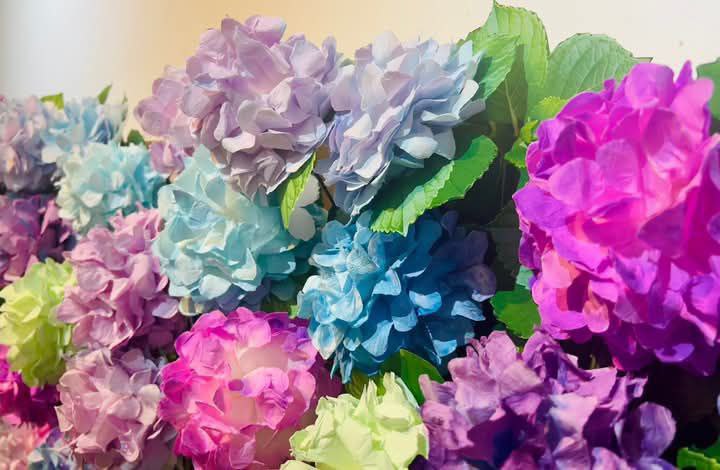
The Japan Foundation has invited the public to the Japan Culture House to enjoy the beauty of Ajisai, a popular flower in Japan and create their flower.
The Japan Culture House hosts monthly activities about Japanese culture, and in this exhibition, an introduction to Ajisai is included.
Ajisai, also known as the flower of the sixth month, changes colour depending on the pH level of the soil, and it blossoms plentifully in June; therefore 6th, 16th and 26th of June are defined as Ajisai no Hi.
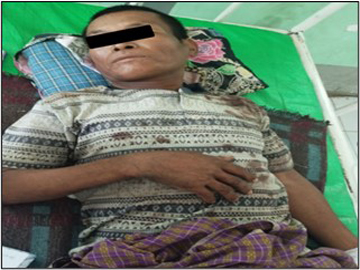
In order to cause injuries to both peaceable civilians and administrative authorities who are striving to restore the rule of law, extreme terrorists provide financial assistance and instigate destructive activities, such as detonating explosive devices and remote blasting, against public roads, railways, government offices and houses.
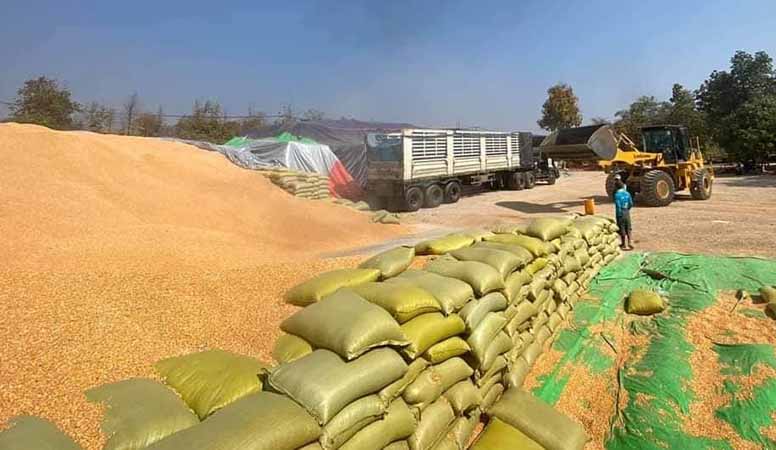
Myanmar Pulses, Beans, Maize and Sesame Seeds Merchants Association aims to achieve sesame and maize export targets of US$517 million in the 2025-2026 financial year.
The association targets to export 1.36 million bags of maize in the 2025-2026 financial year to bag $354 million. Around 90,000 tonnes of sesame are also planned to be exported this FY, with an expected income of $163 million.
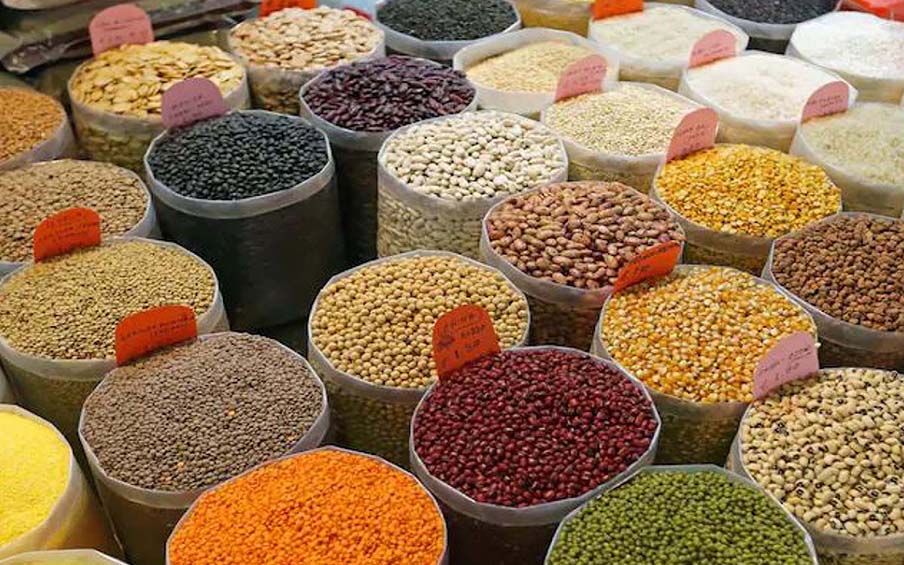
The Myanmar Pulses, Beans, Maize and Sesame Seeds Merchants Association aims to export two million tonnes of various pulses in the current financial year 2025-2026, beginning 1 April.
Myanmar delivered 2.14 million tonnes of various pulses to international markets in the previous financial year, earning US$1.82 billion.
Myanmar mainly exports black gram, green gram and pigeon peas to foreign markets. Of them, black gram and pigeon peas are primarily shipped to India, while green gram is exported to China and Europe.

